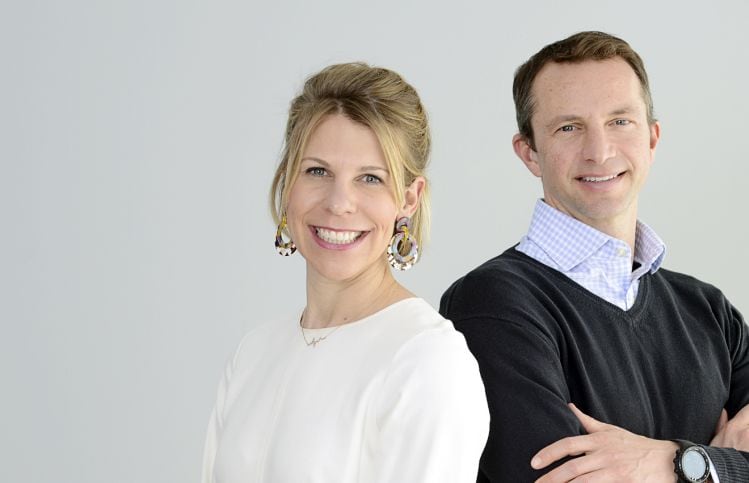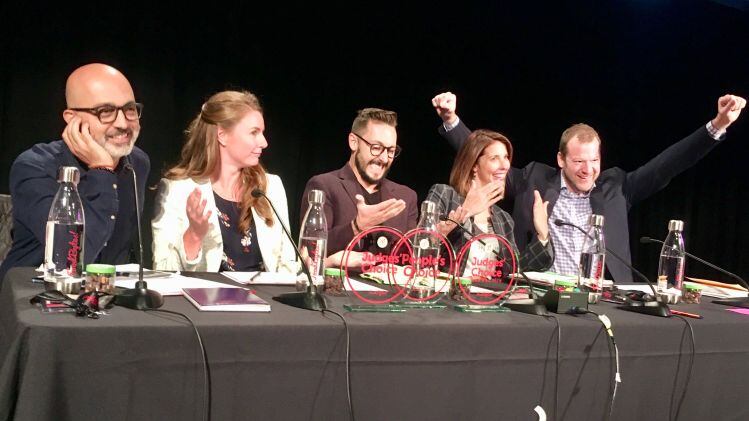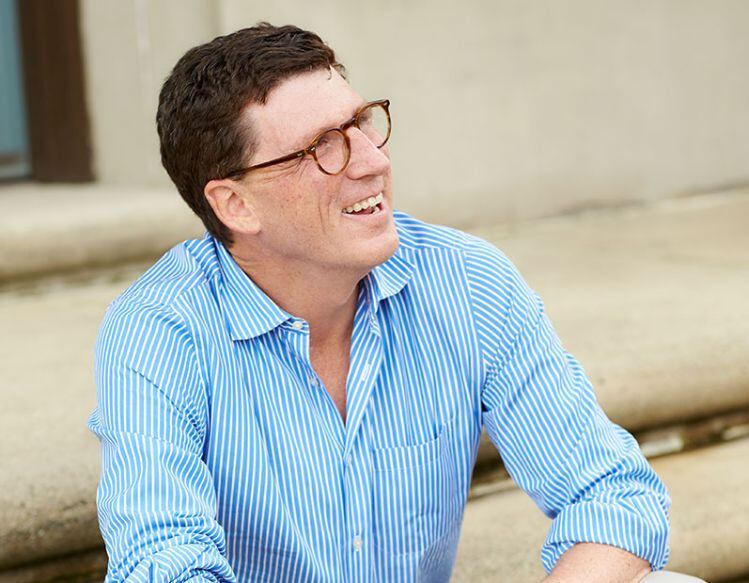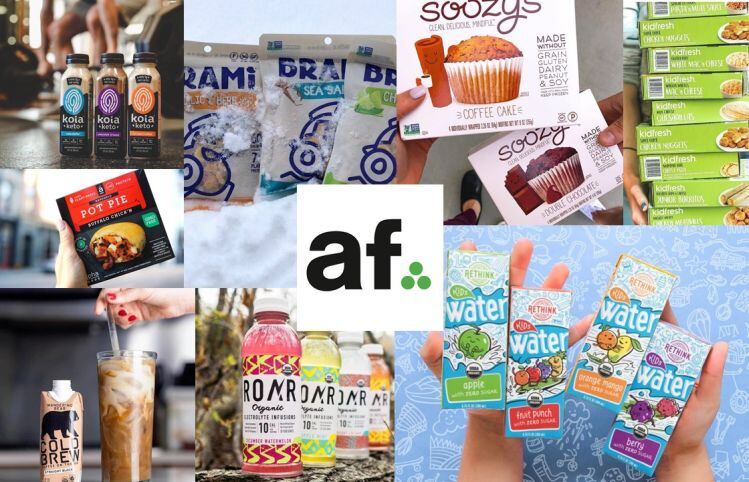FoodNavigator-USA (FNU) editor Elaine Watson caught up with Megan Bent (MB), founder and manager partner at Harbinger Ventures – which has just closed its second fund with $21.7m of committed capital - for a rapid-fire Q&A on the food and beverage investment landscape.
A growth-equity investment firm focused on scaling early-stage CPG companies (its portfolio includes HPP baby food brand Once Upon a Farm, ghee maker 4th & Heart, and Miss Jones Baking Co), Harbinger Ventures is looking for “brands that are sustainably differentiated, that address significant gaps in high-growth consumer sub-categories, and that are led by female or mixed-gender founder teams who have unique insight into the needs of their target customers.”
Harbinger Ventures has made three investments to date from Fund II, and will look to close an additional two investments from the fund. Target companies will have a run rate (trailing 12 months net sales) of $5-10m and it will write checks of around $3-4m, with money available for follow-on investments.
FNU: How has the early stage food investment landscape changed?
MB: There’s definitely more ‘noise’ out there and that shows up in the data. The average size of a Series A round has gone up almost three- or four-fold because the average size of a seed round has gone up by that amount, so companies are raising more capital sooner. But they also have the ability to scale more quickly, because there’s more infrastructure available, whether it’s because of Shopify, co-manufacturing or the availability of fractional CFO services and so on.
So from 10 years ago vs today, the profile of a Series A company looks a little bit different. The businesses in which we’re investing are slightly more mature, more diverse across channels, there’s more data and information available, so the Series A has become a lot more like an early growth equity round, where your diligence and your underwriting are not around a concept or an idea, but around an early thesis of a business, and we approach it accordingly.
FNU: How do you find interesting companies?
MB: The most interesting opportunities find you ‘off cycle’ so to speak. There’s no silver bullet way to find the great companies. You have to be out there, shopping the grocery stores, on Instagram.
You also have to spend time with people, so we take inbound calls and meetings at any stage or size whether it’s pre-revenue or $100m in sales and we try to add value, try to be a good partner, be supportive, and provide feedback in the belief that ultimately this investment [of time] generates trust and credibility.
But we’re not chasing trends. By the time the VCs or PE firms identify a trend, it’s already starting to get potentially crowded.
FNU: What are you looking for from founders beyond passion and competence?
MB: I look for confidence, vision and clarity and a willingness to take risks, but also a pointed understanding of the core consumer, so not just the generic, ‘25-45 year old woman who shops at Kroger,’ but a more practical and intuitive understanding of the consumer.
FNU: What level of financial acumen do you expect from founders and what makes a founder a good CEO?
MB: I look for their understanding and fluency in their own business. Most of the time, founders and CEOs are not ex-accountants, lawyers or CFOs, but the best operators really intimately know the mechanics and metrics of their business and are able to frame and talk about them really fluently. The fundamental numbers and trajectory of the business really the roll off their tongue and they neither go too granular or stay too high. They are fluent in the operating language of their business.
That to me is really telling about the opportunity for the founder to turn into a CEO, as that transition can be really hard. But we like to back founders that will be great CEOs.
FNU: What piques your interest in a pitch beyond a strong brand and impressive founder?
MB: The best business models that are sustainable and have the opportunity to grow capital efficiently are often more than just brands and products. They also incorporate consumer insights into innovating the business model itself: Where will I sell to this consumer? How will I market to them? How can I engage them? How can I leverage new technology to speak to that consumer in the right way and at the right time? When you see the product, brand and business model coincide in unique ways, you get the most interesting opportunities.
FNU: What impact have CPG/strategic investors getting into early stage investing had on the overall food investment landscape?
MB: On the positive end, it’s allowed for the growth of a very robust ecosystem. Compare Expo West today vs 10 years ago. The service industry has blossomed and there is a lot of infrastructure and support for founders as the capital has been there, so they have really contributed to the growth and interest in this category.
On the negative end, with a few high profile exits, there comes a sense of ‘this is easy,’ money came in a little bit quickly and there were businesses that were overcapitalized and overvalued, that didn’t really have a private equity or venture type profile and probably would have been better left as successful family run or regional businesses. But I expect things to settle and rationalize over the next couple of years.
FNU: Is so-called ‘blue sky innovation’ overrated in the CPG industry?
MB: We tend to back what I might call renovation vs true innovation, we look at categories where trends are shifting and where the core products are no longer interesting or they don’t serve the consumer and where innovation can continue to update and migrate that experience towards more modern concerns and values.
FNU: What do you bring to portfolio companies aside from money?
MB: One of the things that is most unique is we only make five investments per fund, vs others that make 15-20 per fund, so founders get a lot of access to me and my business partner. Also, all of our founders participate in the fund’s profit interest structure, and so they literally share in each other’s success.
FNU: What should founders ask you and other potential investors?
MB: They should ask for references – who have you worked with? What will it be like to work with you when things are good and when they are bad?
FNU: What’s your take on the CBD trend?
MB: As a fund, we’ve decided we’re not the ones to take a position on this right now. The regulatory environment is too unknown, the sourcing and quality and safety are also a bit unknown and the efficacy is unclear. The science is still evolving, so at this point, it feels like it’s an ingredient story, something that’s being put in everything everywhere, every time… but ultimately consumers will find what authentically works for them.




